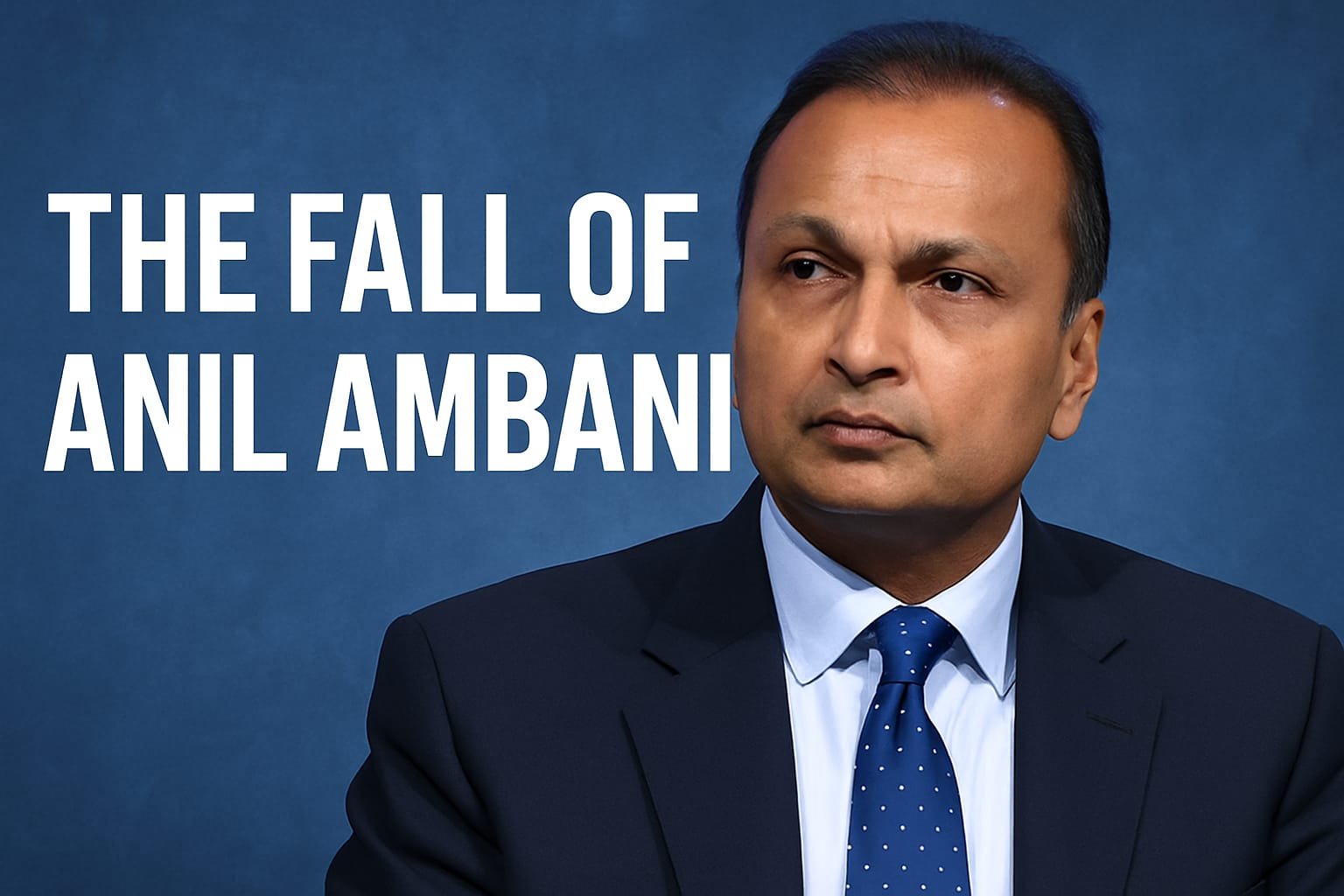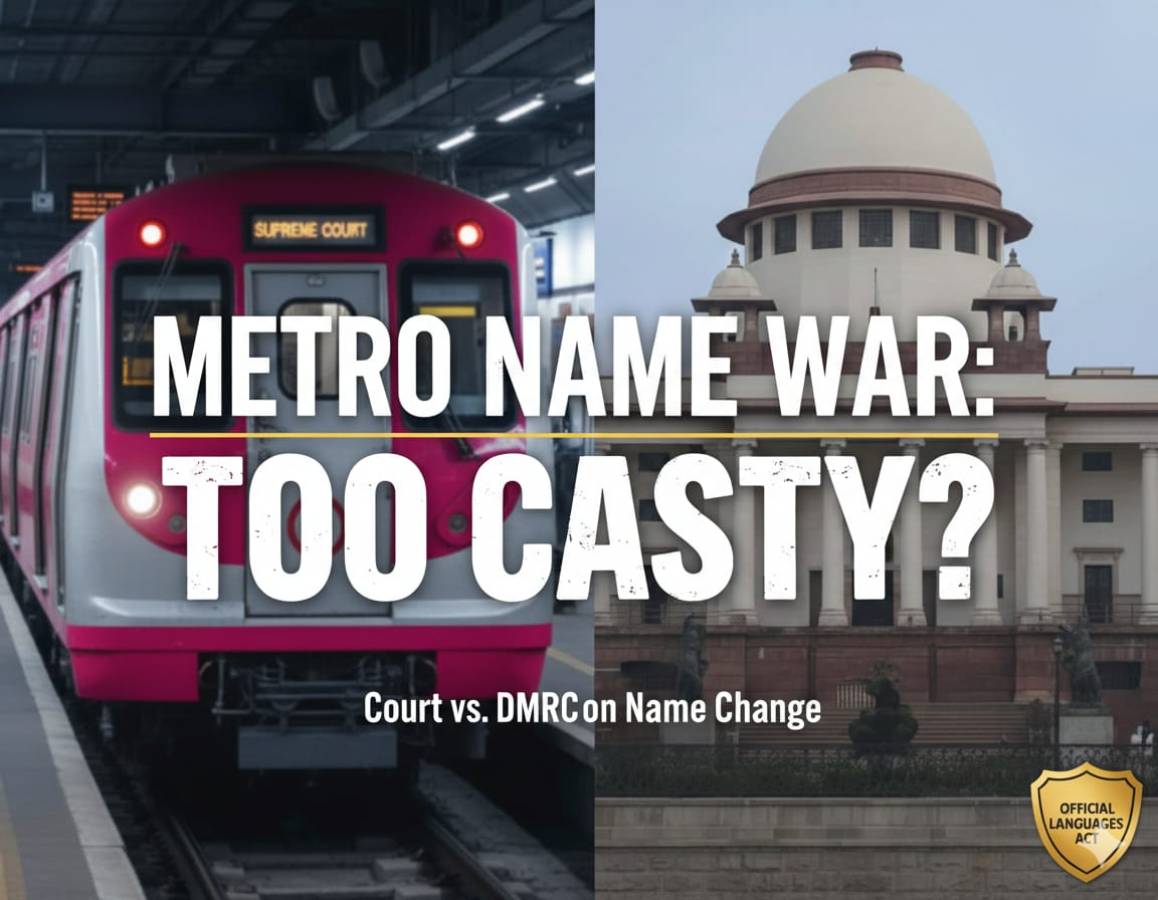
Anil Ambani was once one of the richest people in the world. Known for leading the Reliance Anil Dhirubhai Ambani Group, he was admired for his fast growth in industries like telecom, infrastructure, energy and finance. But over the years, things changed. Now, his name is in the news for all the wrong reasons. The Enforcement Directorate (ED), India’s top agency against financial crime, has raided multiple offices linked to him. These raids are part of investigations into suspected loan fraud and money laundering.
This is a huge fall for a man who was once seen as a rising star in Indian business. To understand what went wrong, we must look at both his early success and the choices that led to his decline.
The Beginning
Anil Ambani is the younger son of legendary businessman Dhirubhai Ambani. After their father’s death, the Reliance empire was split between the two brothers, Mukesh and Anil, in 2005. Anil got control of businesses like telecom, power, financial services, and entertainment. For a while, he did well. He launched new companies and entered new markets. His company Reliance Communications (RCom) became one of the leading mobile service providers in India.
At one point, his net worth was over $40 billion. He lived a grand lifestyle, featured in global rich lists, and was seen at major business and film events. Many young Indians saw him as an example of how fast one could rise with the right mix of ambition and opportunity.
The Fall Begins
But behind the success, there were cracks. Anil Ambani’s companies took large loans from banks to fund their growth. Many of these projects did not give profits. Reliance Communications faced tough competition and failed to keep up with new technology and price wars. Eventually, it was buried in debt and had to shut down its mobile business in 2017. In 2019, RCom entered bankruptcy proceedings.
Anil Ambani's troubles did not end there. He was sued by several banks and companies for unpaid loans. Even his personal guarantee in foreign courts could not save him. In a London court, he famously claimed that he had no money and was bankrupt. This was shocking news for the public, who had seen him as one of India’s richest men just a few years earlier.
The ED Raids
The situation became worse when law enforcement agencies started investigating his firms. As per the latest news, the ED raided offices in Delhi and Mumbai connected to Reliance Home Finance and Reliance Commercial Finance. These are part of his group. The raids were done under the Prevention of Money Laundering Act.
According to officials, the loans given by Yes Bank to these companies are under the scanner. There are claims that these loans were used in the wrong way, and that a part of the money was taken out and moved around using other firms. It is also said that some money was taken from the bank just before the loan was given, and given back to the promoter of Yes Bank.
The ED believes that there was a misuse of loan approval systems, where money was given without proper checks. In total, Reliance Communications alone is being investigated for a loan fraud of more than ₹14,000 crore. This is a massive amount. It is also reported that credit approval memos were created without real checks, and this is being investigated as a serious violation of banking rules.
Lessons for Entrepreneurs
Anil Ambani’s story is not just about one person. It teaches many lessons to young business people. First, it shows that success in business must be balanced with strong financial planning. Taking loans without being sure of profits can lead to disaster. Second, growth should not come at the cost of ethics. Business decisions must be legal and fair. Otherwise, even the biggest empire can fall.
Third, public trust is the most valuable thing. Once it is lost, it is very hard to earn back. The image of Anil Ambani being searched by investigators is very different from the image people had of him years ago. It shows that fame and money can disappear fast.
Final Take
Anil Ambani’s fall from being a billionaire to someone under investigation is a reminder that business is not just about speed or size. It is about planning, responsibility, and values. Entrepreneurs must remember that shortcuts may lead to success for a short time, but honesty and discipline are what keep success going for long.
The current investigation is still going on. The final truth will come out in time. But for now, it is clear that Anil Ambani’s story is a warning sign for others. The rise was fast; the fall was faster.





















